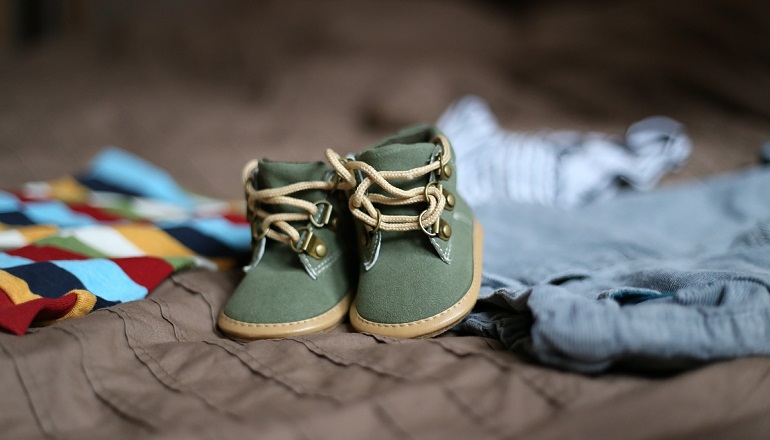1. Remember that the pregnant woman is an expectant mother who has not yet made a final decision to place her child for adoption; she is not a birth mother.
2. Understand that she is not simply a means for you to have a child. Do not burden her with your urgency to become a parent.
3. In developing a relationship, be yourself. Stay open and honest. Both you and the prospective birth parents are building the foundation of what could be a lifelong relationship.
4. Remember that the matching process goes both ways: prospective birth family choose to work with you, and you choose to work with them. If you do not like or respect them, or if you find yourself judging them in a negative way, you shouldn’t work with them. Children often think, “If they don’t like my birth parents, they must not like me.” Indeed, there’s a good chance your child will inherit some of the personality traits you dislike.
5. Let the birth mother and father know that no matter how close you become during this process, you understand the final choice is theirs. They have a right to change their mind, and they have no obligation to complete the adoption because of your relationship.
6. Meet and discuss a plan for your post-adoption relationship that all parties understand and will commit to honor as a sacred trust.
7. Recognize that your child’s birth parents will always be a part of your life and your child’s life no matter how often you actually meet.
8. Understand that the birth grandparents may also want a connection with your child.
9. Understand that direct communication is the best way to answer questions and clear up misunderstandings, which will surely occur.
10. Understand that if your child’s birth mother is reluctant to visit after placement, she is probably dealing with her pain. It doesn’t mean she doesn’t care. Keep the doors open. Encourage her. Let her know that you believe she has an ongoing role in your and her child’s life.

